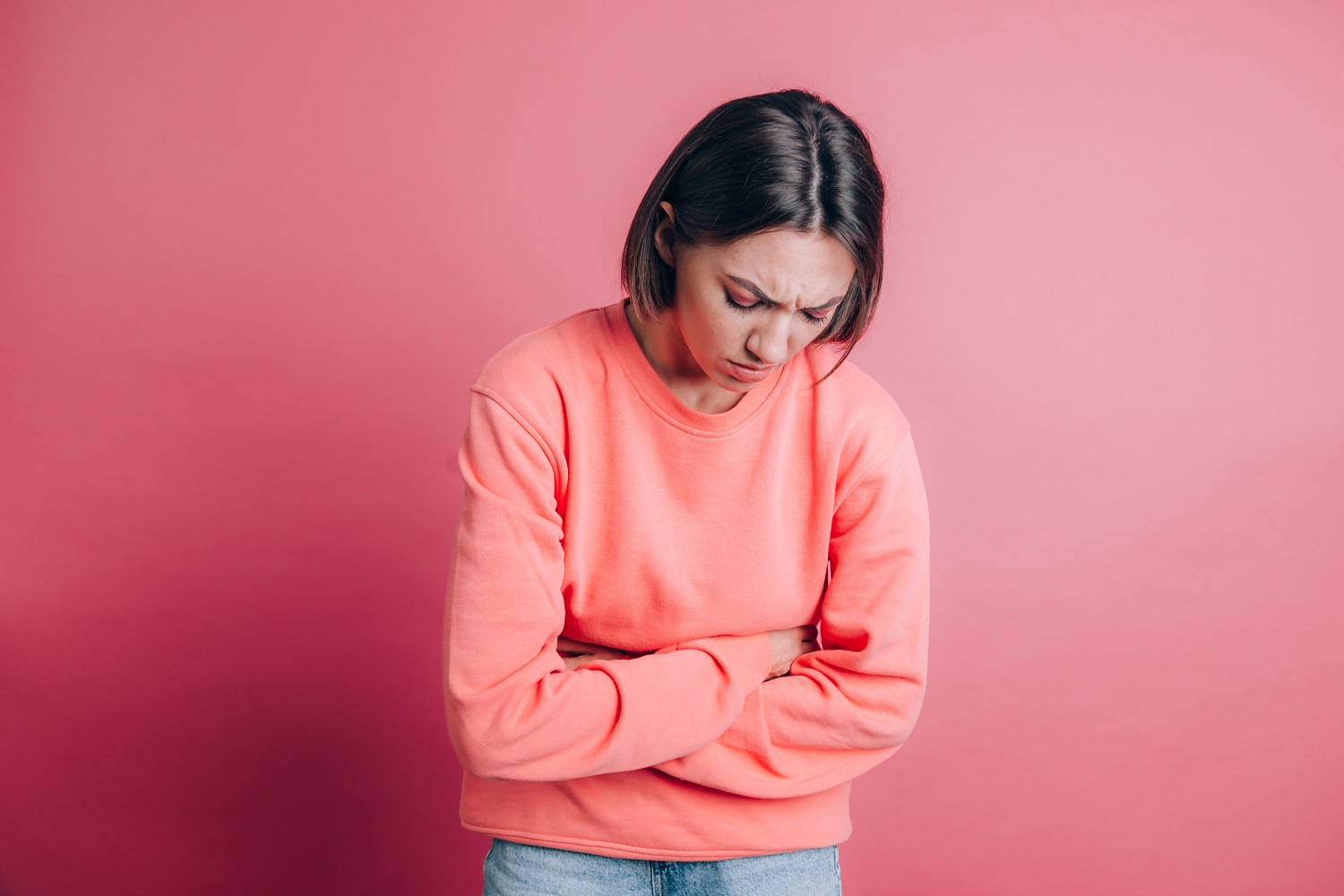
Diving Deep: Understanding Heavy Menstrual Bleeding
Heavy menstrual bleeding, or menorrhagia, involves periods that last longer than seven days or involve significant blood loss. This may require changing tampons or pads every hour for several consecutive hours. Affecting 27% to 54% of menstruating individuals, understanding the signs, symptoms, and impact on daily life is essential for proper management.
WHAT CAUSES HEAVY BLEEDING?
Hormonal Havoc: Irregular Ovulation and Heavy Periods
Irregular Ovulation: Common during puberty and perimenopause, irregular ovulation can cause hormonal imbalances leading to heavy periods. Conditions like polycystic ovary syndrome (PCOS) can disrupt regular ovulation, causing unpredictable and heavy bleeding.
Device Dilemmas: How IUDs Can Affect Your Flow
Intrauterine Devices (IUDs): While effective as contraceptives, some IUDs, especially non-hormonal types, can increase menstrual bleeding and cramping, particularly during the initial months.
Hormonal Imbalances:
Elevated estrogen levels, often due to obesity or hormonal disorders, can thicken the uterine lining, resulting in heavier bleeding.
Obesity and Excess Estrogen:
Excess body fat can increase estrogen production, disrupting hormonal balance and leading to heavy periods.
Endometriosis: When Menstruation Gets Complicated
This condition involves tissue similar to the uterine lining growing outside the uterus, causing severe pain and heavy menstrual bleeding.
Uterine Growths: Fibroids and Polyps Explained
Non-cancerous growths like fibroids and polyps can enlarge the uterus or its lining, leading to heavier and prolonged periods.
Infections That Trigger Heavy Bleeding
Pelvic Inflammatory Disease (PID): This infection of the reproductive organs can cause inflammation and scarring, resulting in heavy and irregular bleeding.
Systemic Illnesses: The Hidden Impact on Menstrual Health
Kidney, Liver, or Thyroid Disease: These systemic conditions can interfere with hormone production and regulation, leading to heavy menstrual bleeding.
Cancer Concerns: Reproductive Tract Malignancies
Uterine, cervical, or reproductive tract cancers can cause abnormal bleeding, including unusually heavy periods.
Medication Side Effects: Blood Thinners and More
Certain Medications: Blood thinners and other medications can affect clotting and increase menstrual bleeding. Consult your doctor if you notice heavier periods after starting new medication.
Bleeding Disorders: Understanding Coagulopathy
Conditions like von Willebrand disease affect blood clotting, leading to excessive menstrual bleeding. About 20% of women with unusually heavy periods may have an underlying bleeding disorder.
COMPLICATIONS
Heavy menstrual bleeding can lead to complications such as:
Anemia: Caused by significant blood loss, anemia results in a lack of red blood cells to carry oxygen to tissues.
Severe Pain: Heavy bleeding can be accompanied by painful menstrual cramps, known as dysmenorrhea.
When to Seek Help: Knowing When to Visit Your Doctor
Seek medical advice if you:
- Soak through a pad or tampon every hour for several hours
- Pass large clots the size of a quarter or bigger
- Use two pads at a time to prevent leaks
- Change pads or tampons during sleeping hours
- Bleed longer than seven days
- Experience anemia symptoms, such as tiredness, dizziness, or inability to focus
Conclusion
Heavy menstrual bleeding can be distressing, but understanding its causes is the first step towards effective management. If you experience heavy bleeding, seek medical advice.
At Gynic Care, we are dedicated to helping you optimize your health and regain a higher quality of life through expert diagnosis and treatment. Together, we can break the silence around menstrual health and ensure that no woman faces these challenges alone. Download the Gynic Care app today for personalized support and resources.